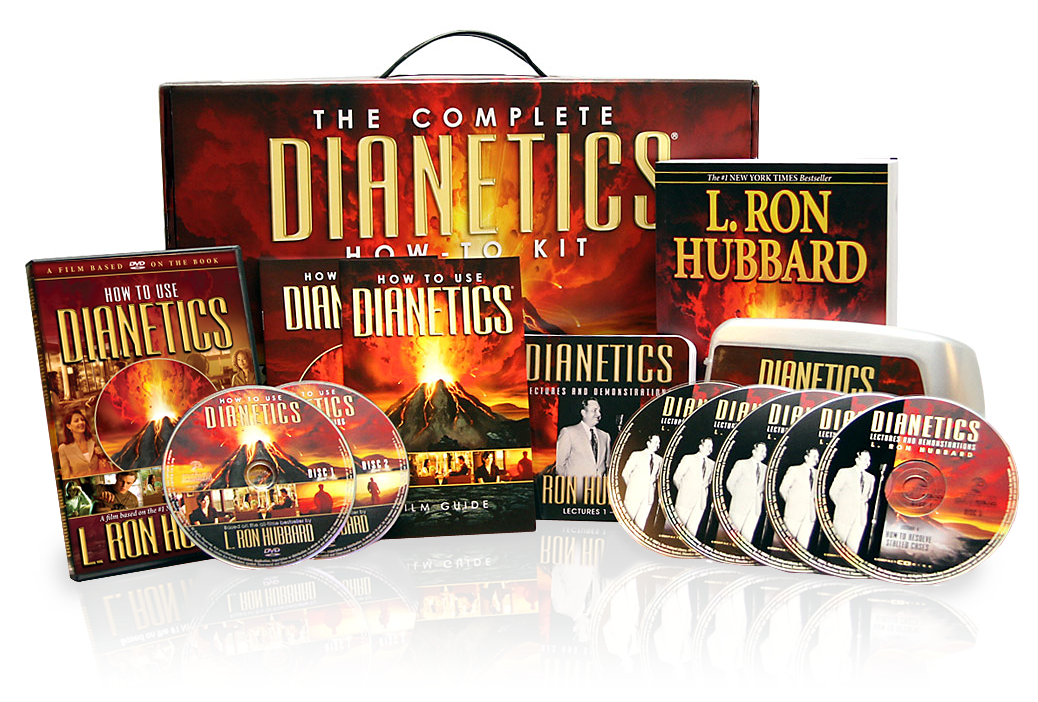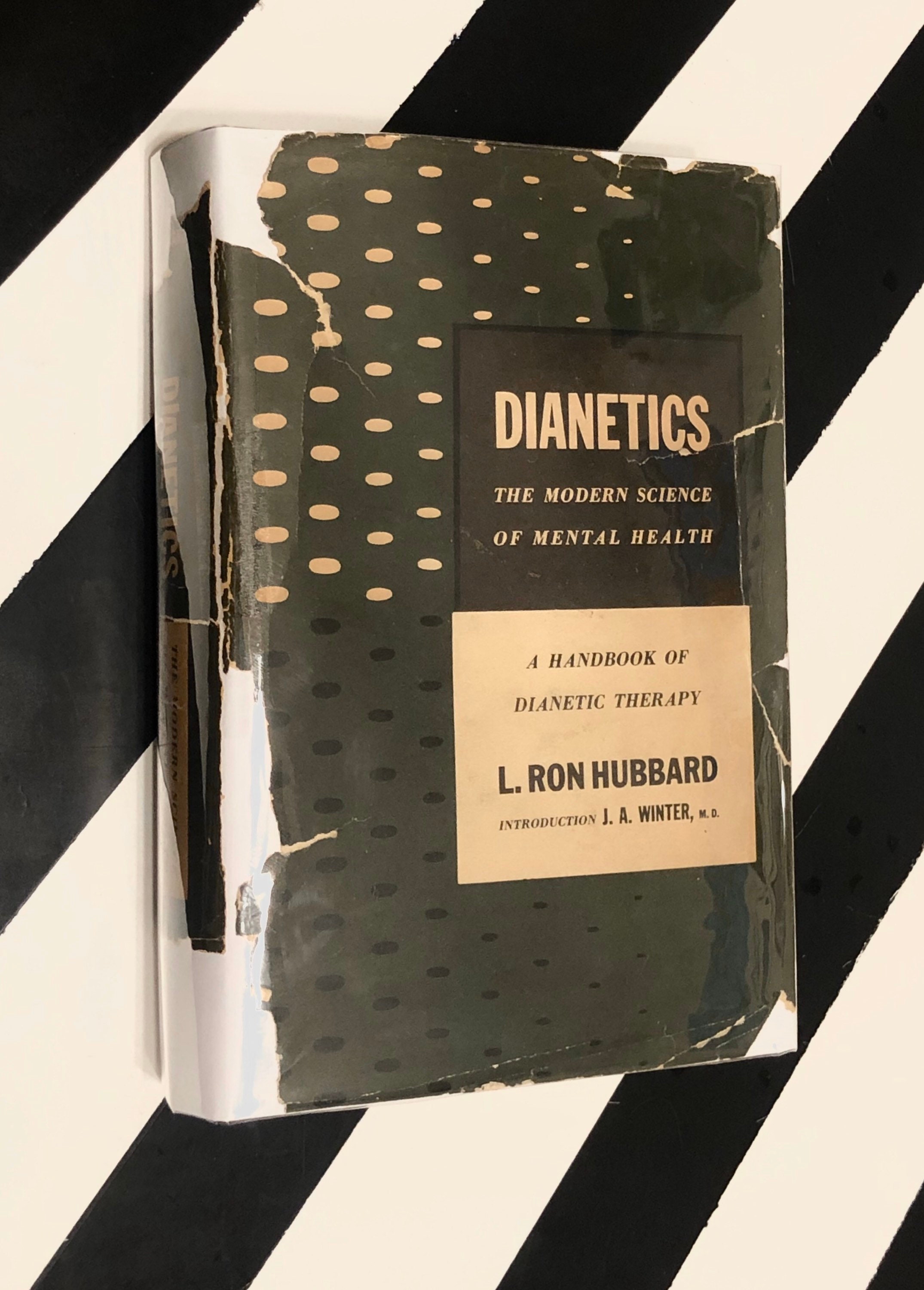Everything about Dianetics
Wiki Article
The 2-Minute Rule for Dianetics
Table of ContentsThe Ultimate Guide To DianeticsThe Ultimate Guide To DianeticsDianetics - QuestionsHow Dianetics can Save You Time, Stress, and Money.
I could not ever not intend to obtain anything that enters your mind for you- if it was or else, I would not be sitting here with you, doing this. I not only can never have a problem, or otherwise intend to hear something that comes to mind for you, yet I'm completely eager to know every concept, every thought, every photo or feeling that emerges or shows up for you- do not ever assume otherwise, and if for one reason or another you do, please simply let me recognize! Occasionally, you might have a thought, and image, concept or occurrence pop up that does not appear to answer the question, or associate with it, however nevertheless, constantly do tell me regarding it, and as we proceed, the significance will arise for you.This is integral in the basis of processing, and the subject of this discussion: the fundamental roles of the therapist and the customer: The fundamental role of the therapist is, as opposed to "common training", not to control, which indicates to apply and/or prevent, but to rather work from the basis of EMPOWERING THE CUSTOMER.

How Dianetics can Save You Time, Stress, and Money.
John Mcmasters expressed this fundamental truth incredibly well in among his lectures on Power handling, wherein he clarifies how he was asked what this "unique flair" was that he had for giving such terrific sessions; he needed to think of that for a minute, and found that it was what he wasn't doing, as well as what he was doing: he had not been evaluating, judging, computing, or actually, generating any kind of ideas, let alone verbal expressions, after providing the command and while awaiting the PC to finish their response to their complete satisfaction; he was, just and just, being existing with the computer, and totally interested.The role of the counselor, demonstrated; that was his "special knack". I have had my own experience which educated me this well, very early on in the video game. In 1982, having recently completed my training and internship on New Period Dianetics, I was running this on a PC, and there was a point in the session where (being a little bit damp behind the ears not yet having many hours under my belt as a professional auditor) the computer appeared to be "taking as well lengthy" to reveal anything verbally after I gave him a command.
This trick ended more information up being the most valuable contribution that John ever before made to the subject of therapy or bookkeeping (Dianetics). In my modest point of view, it is the biggest contribution that anybody has ever made to these subjectsthe application is totally non-judgemental, non-evaluative, and devoid of any tip, suggestions or opinion.no preconceived agenda for individuals, or 'degrees' that they need to do
In Idenics, the only source of information about a client is the specific customer. In Scientology we prided ourselves on not examining for people. Yet all that actually suggested was that the auditor did not vocally evaluate for the computer in session. The registrars and values policemans assessed for the computer.
5 Simple Techniques For Dianetics

Anyone that had ever before seen John audit might not aid however see a special quality in his auditing."The customer's basic duty is to be there with the purpose of relocating the direction of their spiritual goals, and to easily and fully reveal and experience whatever shows up for them in answering the concerns and executing the directions in the processing.
This is something to procedure as required. But likewise, individuals frequently have prior experience and/or indoctrination in auditing/processing which, somehow, and to some levels, actually deceives them into perspectives, ideas and habits patterns that protect against the full awareness of these functions, therefore they will often tend to inhibit the expressing of what comes to mind, as in the examples provided over. * The first, and perhaps foremost examples of mis-indoctrination resulting in less than completely smooth and efficient sessions, can be discovered in specific elements of the training routines, or "TR's":"TR's" are often an individual's initial, or at the very least early, experience in Scientology, and while I will go on to explain what I see as the imperfections in principle and method, nonetheless, have go to the website a tendency to be considerably restorative, done as they are offered (Hubbard insists that "TR's are not processing, they are training", yet factually, they are both processing AND training)
There is go to my site no "flunking", and no rejection of the truth of this being handling. The emphasis, as it must be, is on experiencing the various other person's existence.
The Greatest Guide To Dianetics

Report this wiki page